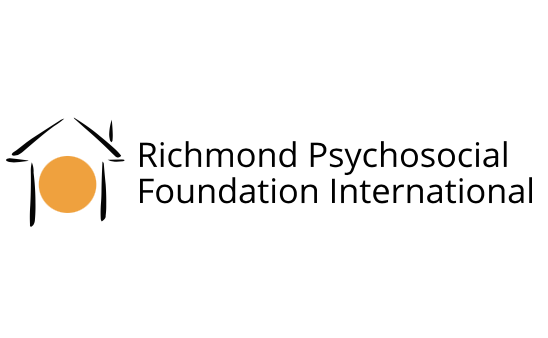The Charity Commission has criticised the former trustees of a mental health charity for exposing residents at a residential care centre it ran to “significant avoidable harm”.
The damning conclusion follows the death of a young woman in the home ran by Richmond Psychosocial Foundation International(RPFI).
The home, Lancaster Lodge in South London, supported adults recovering from mental health issues as well as teenagers with complex emotional needs.
In May 2016 one of the residents, Sophie Bennett, took her life. Three years later a coroner’s report into her death found that the former trustees “oversaw abrupt changes” at the time.
This included replacing experienced, qualified staff with unqualified workers and taking away residents’ access to external therapies.
“These changes were chaotic and resulted in a deterioration in care for residents,” said the Charity Commission.
Two of the former trustees involved have agreed not to act as charity trustees or senior managers, while a third died in 2019.
Following the coroner’s inquest the Charity Commission opened its inquiry into the charity, to specifically look at the role of its trustees.
This found that the former trustees were responsible for misconduct and mismanagement.
They failed to provide leadership and oversight or comply with the law “such that the charity’s beneficiaries were exposed to significant and avoidable harm, contributing to Sophie’s death”, according to the regulator.
The former trustees were also “over-reliant” on their former chair, who is now deceased and had acted “in breach of good governance requirements”.
They also took advice from the charity’s founder. This was acted on by staff despite the founder not meeting or having knowledge of the residents involved, said the regulator.
New board in place
A new board of trustees is in place at the charity and the Commission praised their work to “significantly strengthen governance processes at the charity to ensure safeguarding policies and processes are followed and its beneficiaries are protected”.
Lancaster Lodge closed in 2017 and the charity continues to run another home.
Sophie Bennett’s death is a tragedy and the circumstances surrounding it remain deeply distressing,” said Charity Commission chief executive Helen Stephenson.
“Our findings are serious and sobering: the former trustees of RPFI presided over decisions that, in a matter of months, turned a home rated ‘good’ by CQC into one in which residents were unsafe.
“No official inquiry can turn back the clock and change what happened in 2016.
“But we can and must ensure lessons are learnt from this case. We urge trustees of charities that care for vulnerable people, like Sophie, to consider the findings of this inquiry, and to examine their own systems, structures, and indeed the expertise and competence of their board collectively to ensure they meet their legal duties.”
Charity Times video Q&A: In conversation with Hilda Hayo, CEO of Dementia UK
Charity Times editor, Lauren Weymouth, is joined by Dementia UK CEO, Hilda Hayo to discuss why the charity receives such high workplace satisfaction results, what a positive working culture looks like and the importance of lived experience among staff. The pair talk about challenges facing the charity, the impact felt by the pandemic and how it's striving to overcome obstacles and continue to be a highly impactful organisation for anybody affected by dementia.
Charity Times Awards 2023
Mitigating risk and reducing claims

The cost-of-living crisis is impacting charities in a number of ways, including the risks they take. Endsleigh Insurance’s* senior risk management consultant Scott Crichton joins Charity Times to discuss the ramifications of prioritising certain types of risk over others, the financial implications risk can have if not managed properly, and tips for charities to help manage those risks.
* Coming soon… Howden, the new name for Endsleigh.
* Coming soon… Howden, the new name for Endsleigh.
Better Society

© 2021 Perspective Publishing Privacy & Cookies











Recent Stories